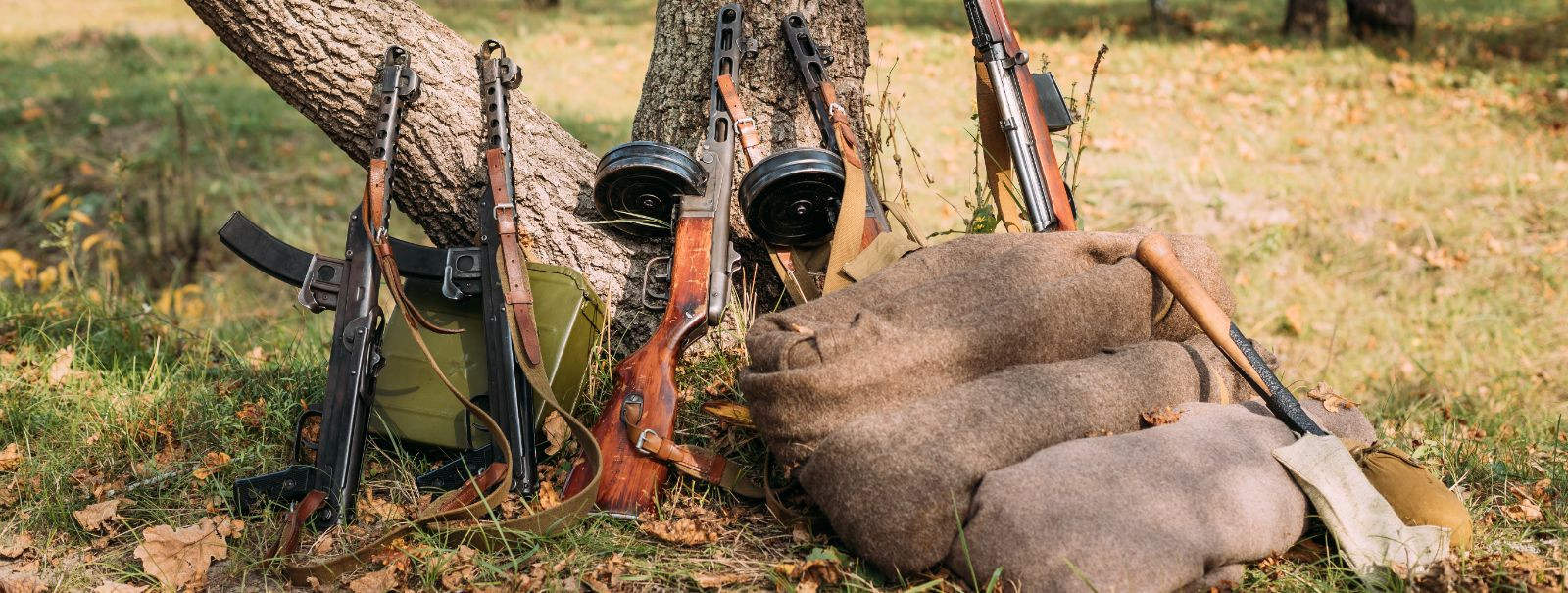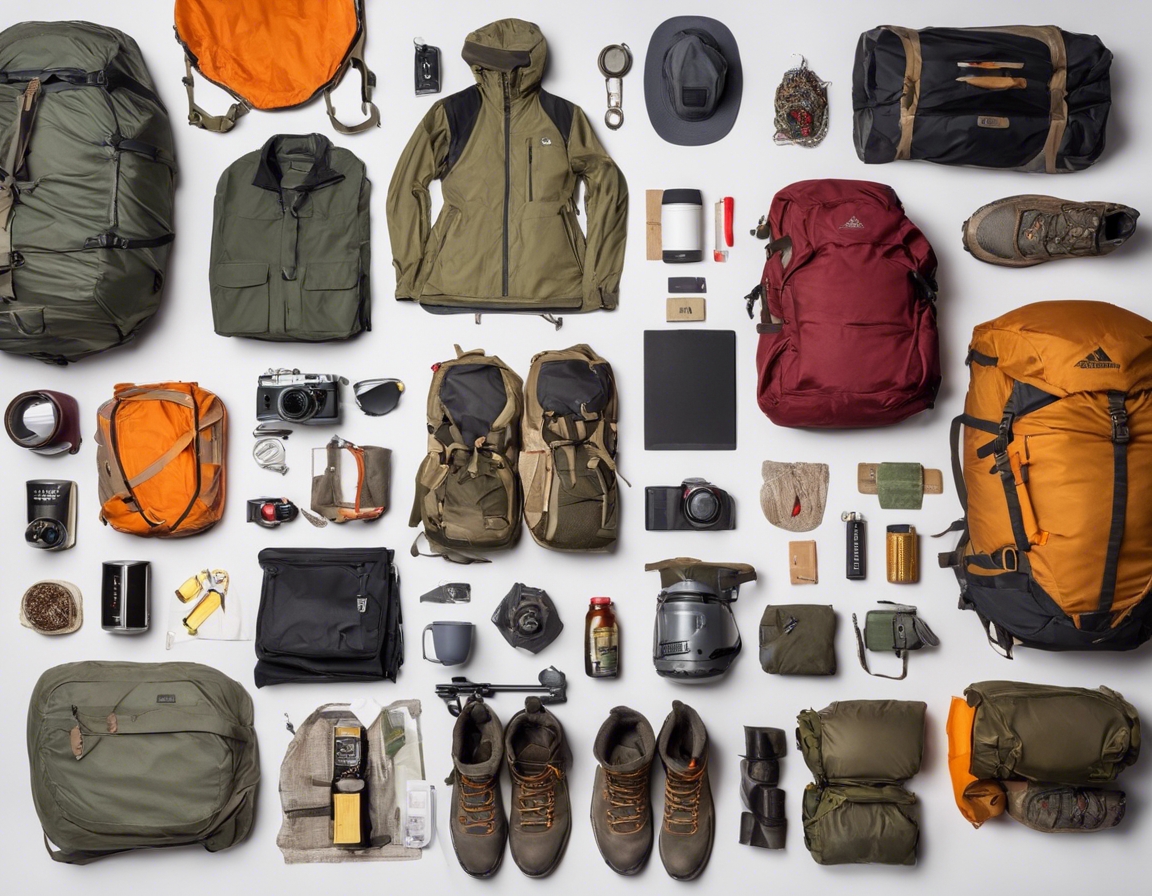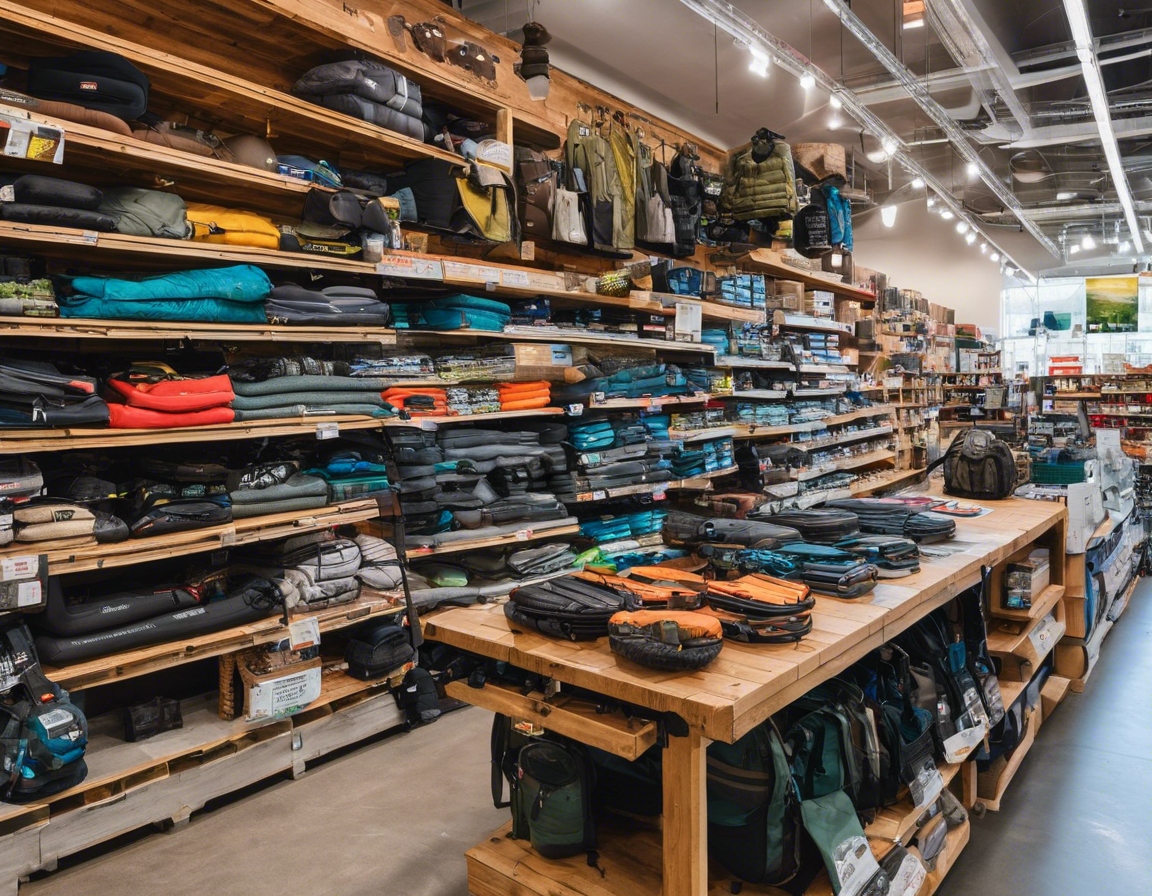The hunter's checklist: preparing for the open season
As the open season approaches, hunters everywhere are gearing up for what they hope will be a successful and rewarding experience. Preparation is key to not only ensure a fruitful hunt but also to guarantee safety and adherence to legal requirements. This comprehensive checklist will guide you through the essential steps and considerations for preparing for the open season.
Understanding the Legalities
Before setting foot in the wilderness, it's crucial to be well-versed in the hunting laws and regulations of your intended destination. This includes understanding season dates, bag limits, and any species-specific rules. Ignorance of the law is not a defense, and responsible hunters must stay informed to protect wildlife populations and preserve the sport for future generations.
Depending on your location and the game you're pursuing, various permits and licenses may be required. Ensure you apply for these well in advance of the season to avoid any last-minute hurdles that could derail your plans.
Essential Gear for the Hunt
Selecting the appropriate firearm or bow is a personal choice that should be made based on the game you're targeting and your own proficiency. Consider factors such as caliber, action type, and ergonomics. Remember to practice with your chosen weapon regularly to ensure accuracy and safety in the field.
The right clothing can make a significant difference in your comfort and success during the hunt. Look for durable, weather-appropriate gear that offers camouflage, scent control, and ease of movement. Layering is also key to adapt to changing temperatures throughout the day.
In the age of technology, GPS devices have become invaluable for hunters navigating unfamiliar terrain. However, always carry a traditional compass and map as backups. Knowing how to read the land and use these tools can be a lifesaver if technology fails.
Survival and Safety Equipment
No one anticipates an emergency, but being prepared for one is non-negotiable. Your first aid kit should include items to address a range of injuries, from minor cuts to more serious wounds. Consider taking a wilderness first aid course to better equip yourself for potential emergencies.
While the solitude of hunting is part of its allure, being able to communicate in case of an emergency is essential. Satellite phones or personal locator beacons should be part of your gear, especially in remote areas where cell service is unreliable.
Setting Up Camp
Your choice of shelter can greatly impact your rest and readiness for the hunt. A tent that's appropriate for the season and a sleeping bag rated for the expected temperatures will ensure a good night's sleep in the great outdoors.
From cooking equipment to a reliable fire starter, your campsite should have all the necessities to support your basic needs. Comfort and practicality should guide your choices, with a focus on lightweight and multi-functional items.
Food and Hydration
Meal planning is crucial for maintaining energy levels during the hunt. Opt for nutrient-dense, non-perishable food items that are easy to prepare. Vacuum-sealed meals and energy bars can be convenient options.
Staying hydrated is vital, and having a reliable method for purifying natural water sources is a must. Portable filters, purification tablets, or boiling are all effective methods. Additionally, ensure you have adequate water storage to last through your trip.
Physical and Mental Preparation
Physical fitness can greatly influence your hunting experience. Engage in regular exercise that simulates the demands of hunting, such as hiking with a weighted pack, to build endurance and strength.
Mental preparation is just as important as physical readiness. Familiarize yourself with ethical hunting practices and reflect on the respect for nature and wildlife that is at the heart of the sport. A clear and focused mind will enhance your experience and decision-making in the field.





Comments (0)